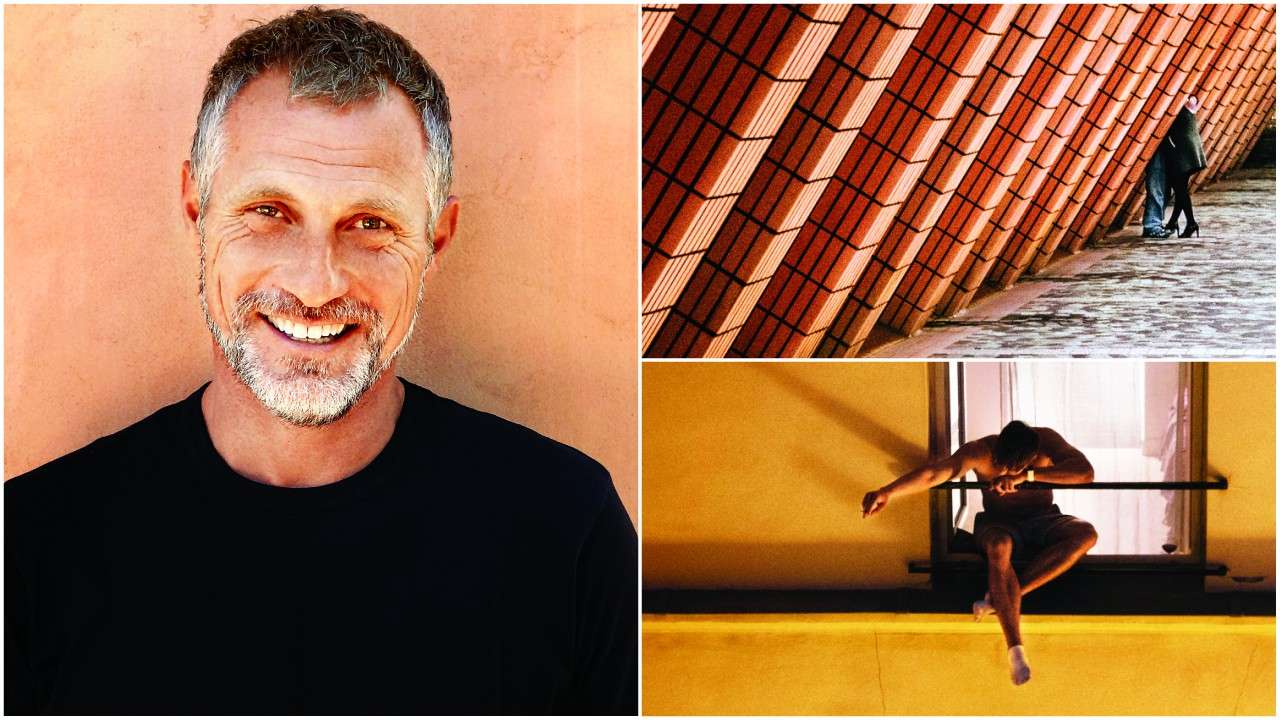
For photographer Leonardo Pucci, photographs are like theatrical settings where the real protagonist is the observer’s intimacy. In his debut photography show, Episodes (without a real order), the self-taught Italian photographer has tried to capture stolen moments of intimacy of individuals or couples. “But the strength of these photos lie not in the delicate sensuality of the subjects or in a voyeuristic attitude, but rather in a vague tension that I want to induce in the spectator,” he says. The fashion photographer, who divides his time between Paris and Rome is showing his works at Robin Rice Gallery, New York, and Goa’s Sunaparanta Arts Centre. The exhibition will later be brought to Mumbai where it will be shown at Project 88 Gallery.
In the ’70s during the many trips I took with my family, my father would record everything with a Yashica Mat 124G 6x6 meticulously studying the exposure and shot angles. As a child, that black contraption with its two glass eyes seemed magical to me — my father would look into that little window on the top and the box would capture things! Only a few years later, my father gave me one of his cameras. I still remember it was a Minolta SRT101. Very happy, I used it without any photographic notion during a trip to Berlin. The photos I took were a disaster!
I love theatre and years ago, I was struck by a performance given by the Italian theatre company Motus. The show underlined the role of a hotel room, which, though lived in for a brief moment, ends up becoming the fragment of an open story. Since then, the broader idea of an intimate and apparently protected place becoming a possible episode for an emotional narration fascinated me. Gradually, I developed the desire to create a vast and complete photographic project around this concept.
That’s how Episodes (without a real order) was born, capturing fragments of real life that provokes a strong story narration, drawing directly from the mind of the observer. That’s why my images induce a vague tension in the viewer. On one side there is curiosity, an intimate attraction to the delicate sensuality of a stolen moment, while on the other, there is a feeling of discomfort: he is looking at something he shouldn’t be seeing.
How does the observer overcome this emotional strain? Through his own personal narration. He recognises those episodes as part of an indefinite familiar plot and immediately starts to develop this scenario adding his own meanings, tales and emotions which go beyond the subject itself.
I work in fashion and this leads me to travel a lot. I always have a camera with me, day or night, or at least a smartphone to take a picture. I try to always be ready to capture an image that suddenly appears ‘terse and perfect’ even for a fleeting moment. Technically speaking, the images of Episodes were taken with a Leica M9, a Leica D-LUX or a Leica C.
I do not think it’s a coincidence that Episodes (without a real order) opens almost simultaneously in New York and Goa. The United States and India, though so different, are for me two places extremely connected to my personal change. Every time I feel an intense desire of India, a sudden urge to come back to this country, has always coincided with an event that has an impact on my life. Something I had to solve as a rebus and fix it.
I still remember the words of the Italian author, poet and filmmaker Pier Paolo Pasolini in his book The Smell of India that accompanied me during my first trip to Varanasi — ‘You can get lost (...) as in a rebus, but with patience you can get to the solution: what’s difficult it’s to grasp the details.”
And, of course, as a photographer, I want to grasp the details.
Since my dear friend, the brilliant Indian author Siddharth Shanghvi, offered to curate the exhibition for the Sunaparanta foundation, I began to reflect that India — so sensual and suggestive, yet contradictory and clashing — might be a perfect setting for a new series of Episodes.
Episodes (without a real order) is on at Sunaparanta, Goa Centre for the Arts till May 24, 2018 and will be shown at Project 88 from June 21-July 5, 2018.